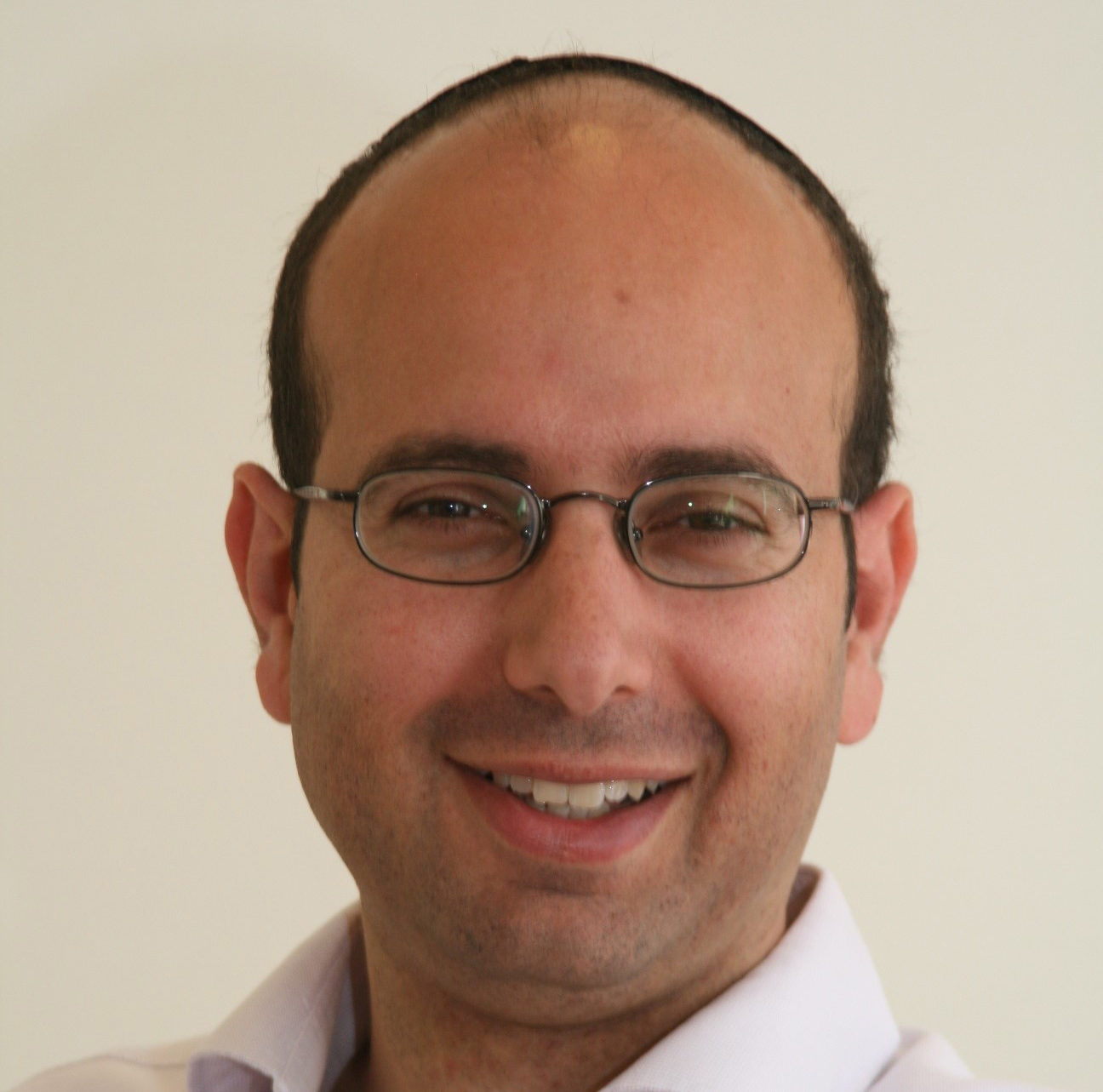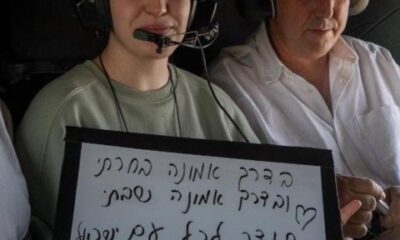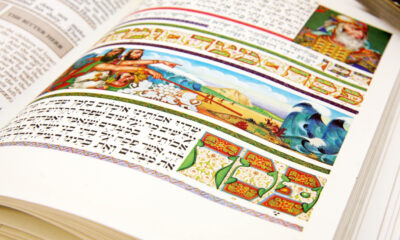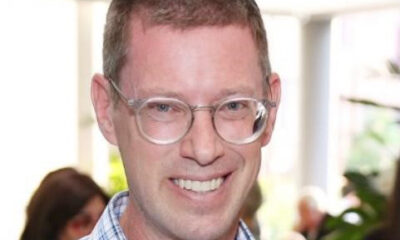
Parshot/Festivals

The uneasy road between the drowned and the saved
The Exodus is an unforgettable story, but why does there have to be so much bloodshed?
Though the ten plagues hit hard, it was the parting of the Red Sea which finally finished off the Egyptian menace. The event occurred seven days after our ancestors left Egypt, so we now read this story on the seventh day of Pesach every year. The Torah says, “The waters returned, covering the chariots, the cavalry, and the whole Egyptian army that had followed the Israelites into the sea.” (Exodus 14:28). Why did Pharaoh’s forces all have to drown?
To make matters worse, Moses and the Israelites sang a triumphant song of gratitude to G-d for annihilating their enemies. “G-d is a Man of War (Ish Milchamah).” (Exodus 15:3). I know of no more masculine and militaristic phrase in the whole Bible. Why is this shirat hayam (song of the sea) so violent and ruthless? Where is G-d’s compassion and mercy?
Our traditional commentaries were sensitive to the loss of life that was incurred. The Talmud says that on seeing the Egyptians drowning, the angels were about to break into song, when G-d silenced them declaring, “How dare you sing for joy when my creatures are dying.” (Megillah 10b and Sanhedrin 39b). The question is, if G-d thought it correct to stop the angels from singing, why were our ancestors allowed to do so? Maybe, rather than cold callousness, it was an emotional release. After centuries of slavery and a terrifying week on the run, it may have been that the Israelites were giving voice to deep feelings of relief for finally being redeemed.
On the other hand, the Talmud also teaches that our personal elation should never make us forget the misfortunes afflicting others (Berachot 31a). The medieval Tosafot commentary gives this as the source for the custom of breaking a glass at the end of a wedding ceremony. And that’s why we spill out drops of wine on seder night, to remind us that our cup of deliverance and celebration cannot be full when others still have to suffer (Orach Chaim 473:7). Similarly, we recite only “half Hallel” on the last six days of Pesach as our praise of G-d is curtailed by the memory of those that were killed (Beit Yosef, Orach Chaim 490).
Then again, the medieval commentator, Rashi, translates Ish Milchama as a Master of War, indicating that G-d is an expert warmonger. On the other hand, he explains that the second half of the verse “and G-d is his name” uses the four-letter intimate name for G-d, which implies that G-d retains mercy and care for the rest of the world even while destroying wrongdoers.
When DreamWorks made the film Prince of Egypt in 1998, it realised that it wasn’t politically correct to have the Israelites singing and dancing for joy at the death of their foes, so they had them start to sing the shira as soon as they left Egypt. There can be miracles if you believe became a hit single. The movie version of the song had a few select lines in the original Hebrew, but they carefully avoided any mention of violence. Instead, we hear of G-d’s power, “Who is like you, G-d, among the mighty?” (Exodus 15:11), and also of G-d’s kindness, “In your loving kindness, you led the people you redeemed.” (ibid 15:13).
So it seems that our tradition is really in two minds about all this. King Solomon himself wrote in his book of Proverbs, “When the wicked perish, there is singing,” (11:10), but later remarked, “When your enemy falls, do not rejoice.” (24:17). Which is correct?
I suggest that we’re charged with living consciously with this dichotomy. If we’re not pleased that evil has been punished, then we don’t value justice. Conversely, if we’re not sad at the loss of life, then our humanity is diminished. In 2011, when I was sent video footage of the death of Muammar Gaddafi, the deposed tyrannical leader of Libya, I chose not to watch it. I didn’t need to see him brutality beaten and shot repeatedly. And yet, I didn’t mourn his passing for a moment.
Wrongdoers must pay fully for their crimes. Rabbi Shimon ben Lakish said, “Whoever is compassionate when they should be cruel will ultimately be cruel when they should be compassionate.” (Ecclesiastes Rabbah 7:16). Nevertheless, according to the prophet Ezekiel, G-d says, “I do not desire the death of the wicked, but that they should turn from their course and live.” (Ezekiel 33:11).
As we watch in horror at the ongoing fighting in Ukraine, we hope to G-d for an end to the hostilities. And when it comes, which it will, there will be joy in the streets, even as those that committed war crimes will be brought to justice and punished.
Maybe the dramatic image of the sea splitting can act as a suitable metaphor for the divided way we feel about punishing evil. The two shores of the sea represent the two sides of the story: justice on one side, compassion on the other. And we must pass through the middle, preserving and valuing life, yet not drowning in violence and hate. The middle path between justice and compassion is a difficult one to tread and at any moment, we can be washed away.
“The Israelites went through the sea on dry land, with a wall of water to their right and left.” (Exodus 14:29). We’re meant to follow the path of our ancestors and of G-d. Maimonides called this middle path, “The path of the wise.” (Mishneh Torah, Laws of Character 1:4). Tread carefully, and make sure not to get too wet.
- Rabbi Dr Raphael Zarum is dean of the London School of Jewish Studies, and the Rabbi Sacks Chair of Modern Jewish Thought established by the Zandan family. See lsjs.ac.uk










